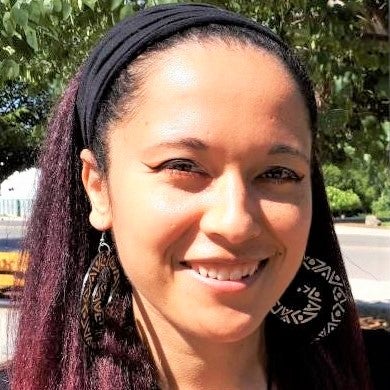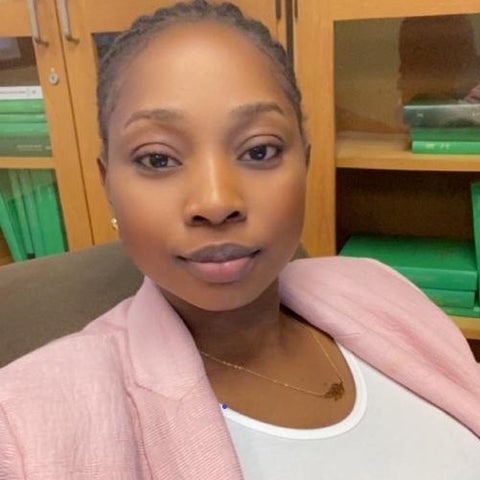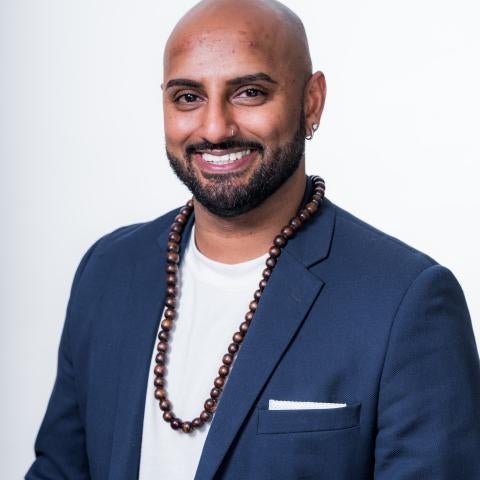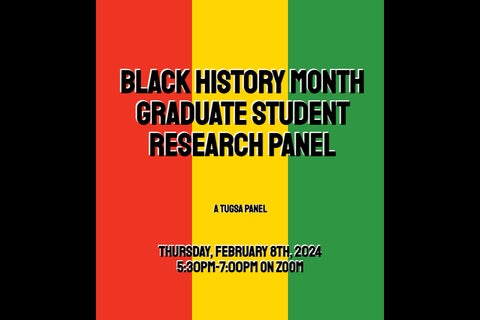Background
In collaboration with the History Anti-Racism Taskforce (HART) at the University of Waterloo, TUGSA offered a panel for Black History Month, held virtually on February 8, 2024.

University of Guelph historian Deirdre McCorkindale, chaired the panel. Deirdre McCorkindale is interested in the history of Race in North America with a focus on the Black Canadian and Black American experience. Her current research currently concerns the history of intelligence testing in North America.
Presentations and researcher bios
Tolulope Akande (MA grad, Waterloo)
Oropotoniyun: The African Transgender King of the 16th Century
Tolulope (she/her) is a recent master's graduate in the Department of History at the University of Waterloo. She received her BA in History and a master’s degree in diplomacy from the University of Lagos, Nigeria. Her MA research was on juvenile delinquency and the Nigerian justice system. She focuses on the colonial roots of juvenile crime and its long-term consequences, using prison records from British colonial archives, available primary sources in Nigeria, and interdisciplinary scholarship.

Dacian Dawes (3rd-Year Undergrad, Toronto)
Modern Challenges of Racial Capitalism in Canada
Dacian (she/her) is a third-year undergraduate student at the University of Toronto, majoring in Political Science and Critical Studies in Equity and Solidarity, with a minor in African Studies and a certificate in Black Canadian history. Dacian aspires to further her education by attaining a master's degree in public policy. Her research will focus on public healthcare policies in Canada, with a particular emphasis on unequal resource allocation and maltreatment of persons from racialized groups. Dacian, a Black Canadian born in Toronto, Ontario, was exposed to an array of systematic oppressions, racial inequalities, and discriminatory behaviours inflicted on racialized individuals throughout the city and country. Dacian recognizes the importance of studying public policy and its power to create change and strives to make a more just society for all individuals.
Arshad Suliman (PhD cand. Toronto)
From Toronto to Cape Town: Black Canadian Solidarity with Southern African Liberation Movements, 1970s-1990s
Arshad Suliman is a 2023 Trudeau Scholar and holds the prestigious SSHRC CGS-D in honour of Nelson Mandela. He earned his BA and MA in History, as well as the Black Canadian Studies Certificate, from York University. As a Coloured South African born to an anti-apartheid Freedom Fighter, Arshad knows the importance of oral history and its necessity in retelling the narratives of Freedom Fighters. Using this methodology, his research uncovers the role of Black Canadian activism in Southern African liberation movements in the mid-twentieth century.

